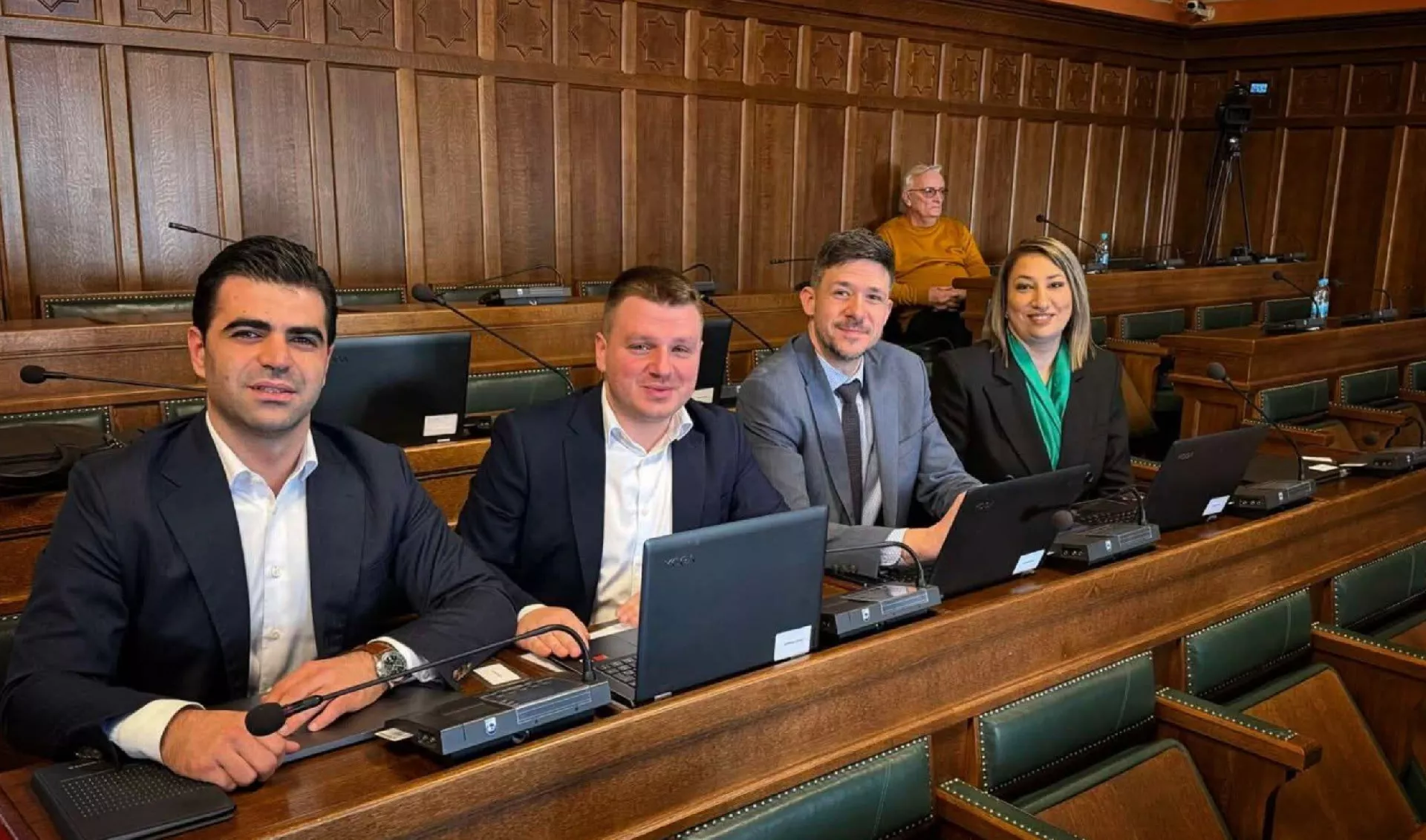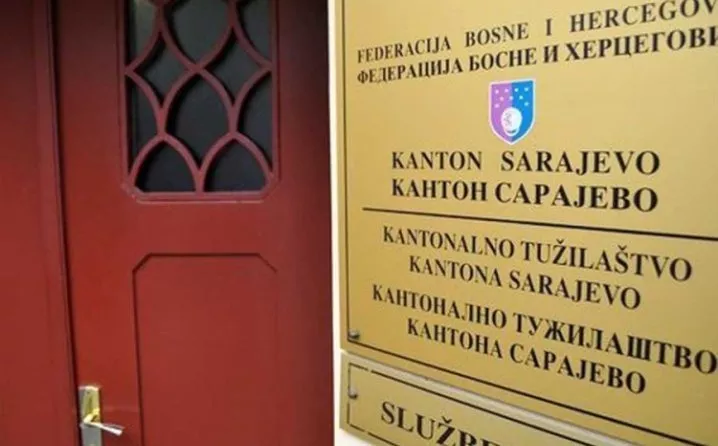
Aktuelno
Članak
Historical maximum: Government owes commercial banks well over 2 billion KM
Centers of Civic Initiatives (CCI) presented earlier today comprehensive report 'State of the Nation', which provides a detailed review of the effects of the reforms in BiH over the last 18 months
.jpg.webp)
Centers of Civic Initiatives (CCI) presented earlier today comprehensive report 'State of the Nation', which provides a detailed review of the effects of the reforms in BiH over the last 18 months i.e. since adopting of the Reform agenda in the fields of Public finance, Business climate and competitiveness, Labor market, Social and retirement politics, Public administration and Rule of law, and the effect of all the aforementioned on the living standards of the citizens.
- Due to political instability and stalemate, the implementation of the Reform agenda has been slowed down and selective, not giving expected results in most of the fields. Cumulatively speaking, looking at all levels and actions plans, only 46 measures from the reform agenda have been implemented. Statistically speaking, BH institutions, primarily Council of Ministers, has achieved the greatest progress of implementation of its own Action plan, but also the least of the measures. Considering the total number of planned and adopted measures, Action plan of the RS government has achieved the biggest progress of implementation. Action plan of FBiH has achieved the smallest progress, CCI report says.
- If we consider several moderately positive indicators over the past 18 months such as GDP growth, industry production growth, growth of tax income or employment growth, most of other indicators are not positive. In the public finance field, the status of public debt is deteriorating. The public debt in the RS is critically high, it is nearing the EU limit of 60 GDP, which will have jeopardized fiscal self sustainability of the entity, as well as of the state per se. The debt towards commercial banks in BiH has reached historical maximum of over 2 billion KM. Debt per capita continues to grow, with current average 3,370 KM. It is 80 times higher (1,932 KM) in the RS than in FBiH. Burden of servicing the debt in the entities' budgets is enormous and with a trend of growing instead of declining. Share of debt of 65% in budget income of Federation BiH and 42% in the RS for 2017, has practically blocked the budgets, minimizing chances for stabilization of the public finance. Therefore, the budgets are neither developmental nor stabilizing and social any longer. These are debt based budgets, Adis Arapovic, CCI Program Manager pointed out.
Grey economy in BiH spans significant part of the entire economic activity, it is also underlined in the report 'State of the Nation', which was presented earlier today by the Centers of Civil Initiatives.
- Latest relevant assessments reveal the value of 25% of GDP or over 7 billion KM, so besides other societal losses, only tax losses caused by grey economy have gone over 3 billion KM. If half of grey economy was contained, we would not need IMF loans, Arapovic concluded.
#English
Najnovije

Ukinut pritvor Ahmedu Kastratiju, optuženom za ubistvo Saše Vilušića u Tuzli

Četvrta godišnjica ruske agresije na Ukrajinu: Putinova greška koja Rusiju mnogo košta

Klub vijećnika SDA u Gradskom vijeću: Sarajevo u ovom trenutku nema zakonito izabranog gradonačelnika

Krišto: Vijeće ministara BiH u potpunosti podržava projekt Južne interkonekcije

Zajedničkim djelovanjem do većeg obuhvata vakcinacije u ZDK
Najčitanije

Dan nezavisnosti BiH obilježava se 1. marta i ne prenosi se, Hota-Muminović proglasila i 2. mart neradnim danom?

ŠTETA I UK NE ZNAJU Tužilaštvo KS neće provoditi istragu o dugu KJKP Gras zbog neplaćanja poreza i doprinosa

Komisiji za borbu protiv korupcije stigle prijave: Ko unaprijed gradi carinske terminale za UIO i kome se pogoduje

UTAKMICA BORCA I BOSNE U Banja Luci izviždana i prekinuto intoniranje himne BiH

Vlada KS: Rekonstruisana tramvajska pruga ima sve upotrebne dozvole
